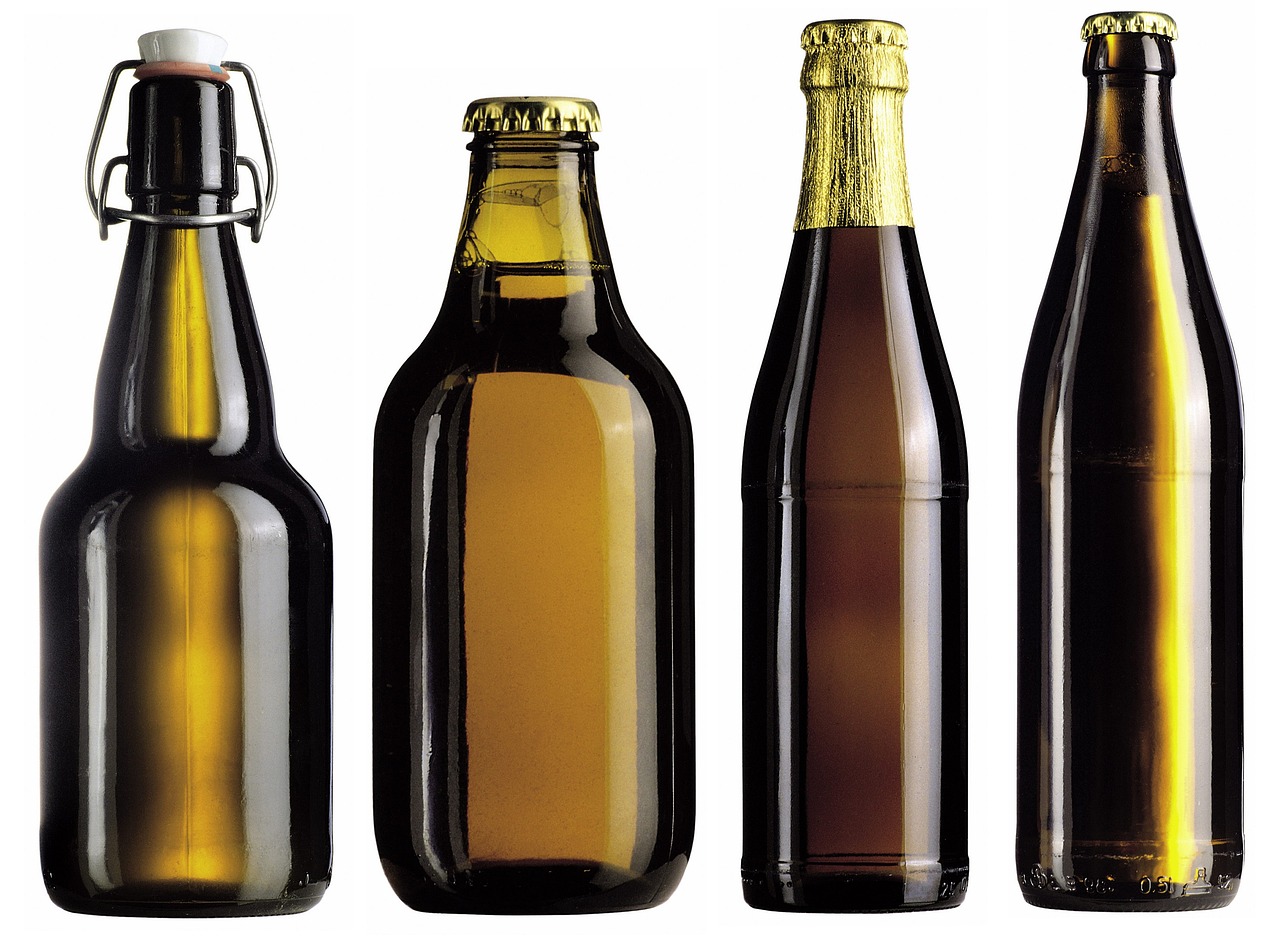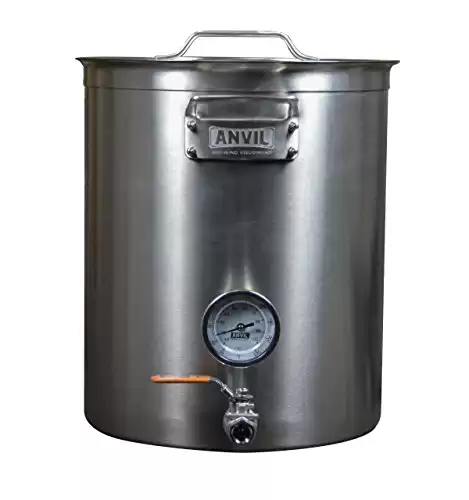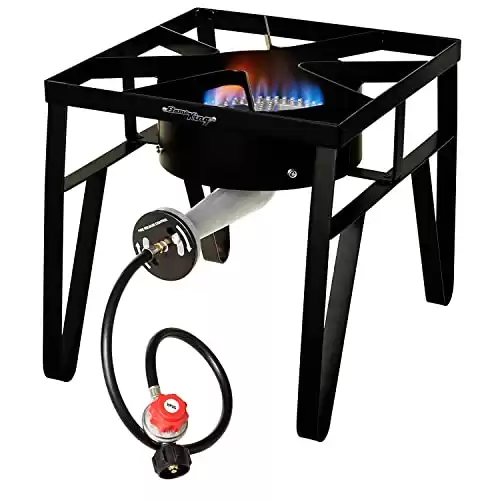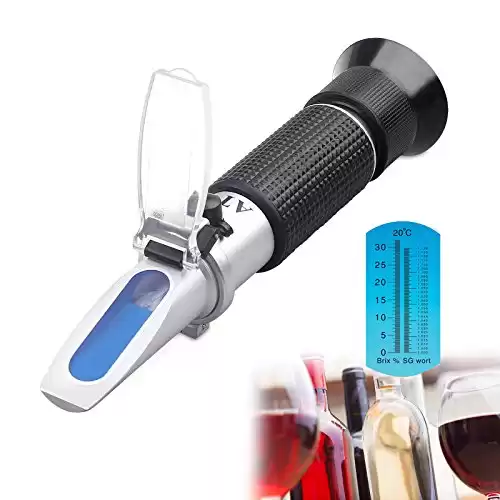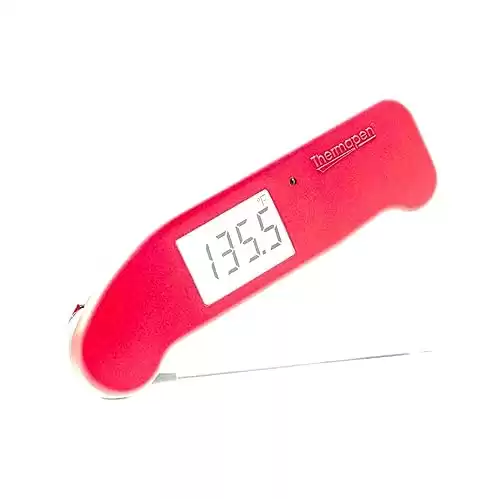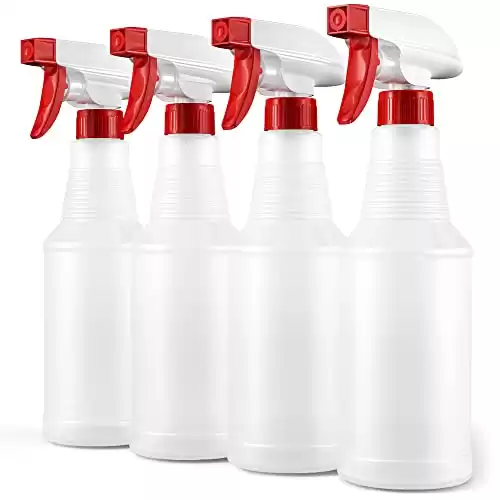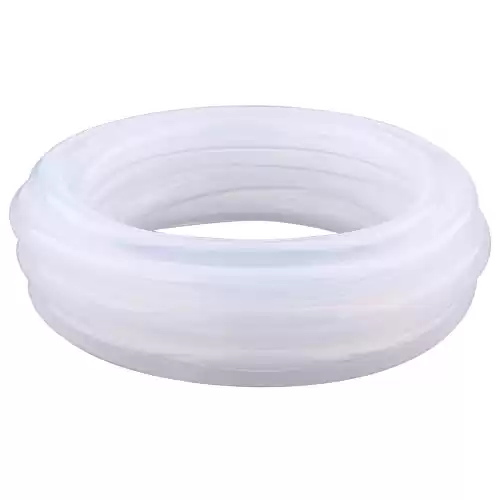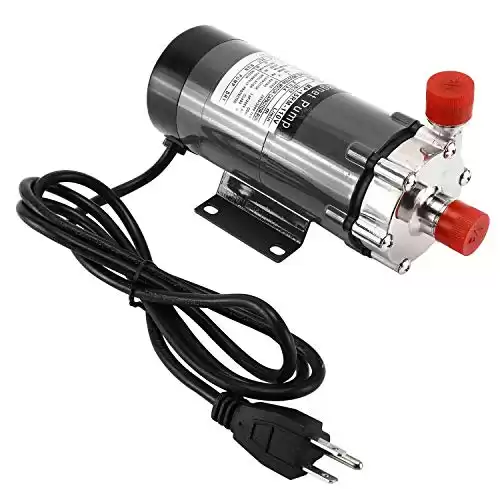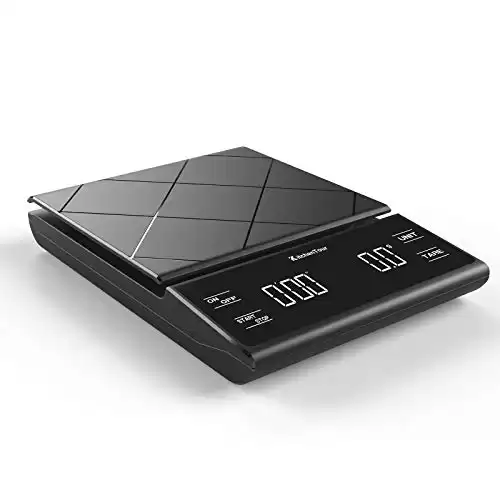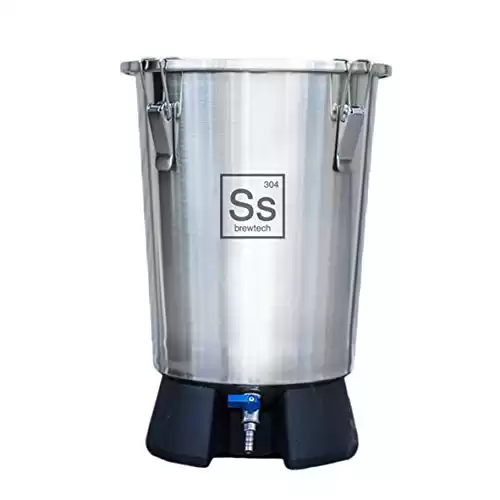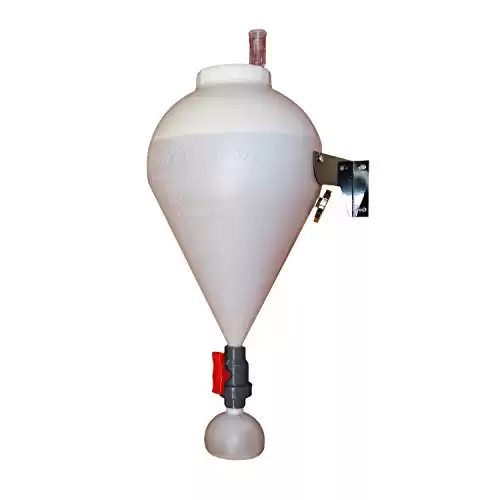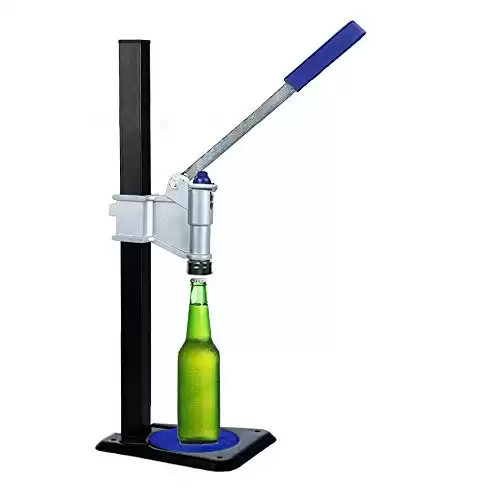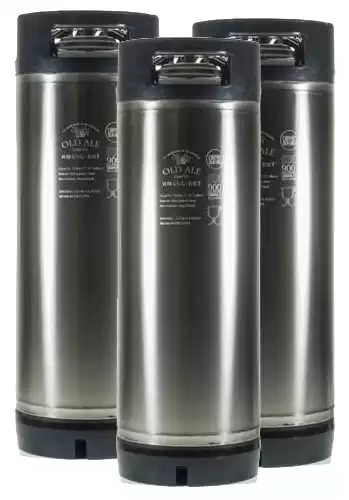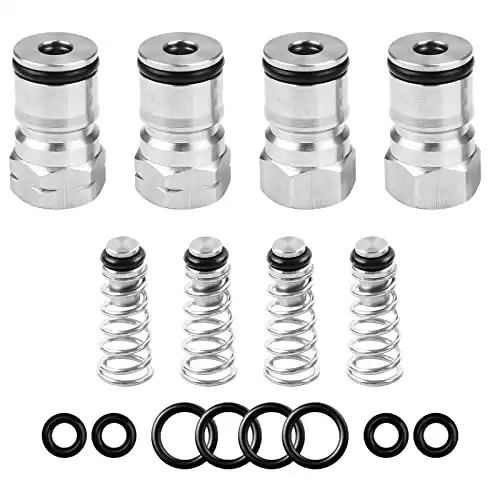Many of us start our home brewing journey with the bare basics: a fermenter, hydrometer, some sanitiser and a few cans of wort. As we get better at brewing, we naturally want to start upgrading our tools and equipment to allow us to try different techniques and processes.
Having the right gear is essential for creating delicious beer at home. In this article, we’ll look at some of the essential equipment for upgrading your brewhouse from beginner to expert. If you’re looking to take your beers and skills to the next level, read on.
Brew kettle
One of the first upgrades you should look at making is to a nice big brew kettle. The brew kettle is essentially just a large pot, usually made of aluminium or stainless steel (my preferred). The pot should be bigger than the amount of liquids you want to boil. For example, I usually brew 40 litre batches so my kettle has a 60 litre capacity. Before buying, use a recipe calculator to figure out what size you are going to need. Also, it is extremely useful to have taps on your kettle – you can either install these yourself or buy them pre-installed. Taps will make transfers much, much easier on brew day.
Gas burner
Unless you are opting or an electric system, a quality gas burner is essential for homebrewing. You want something that connects to a propane tank that can be refilled easily. Once you get to bigger batches, the gas burner in your kitchen won’t cut it – you need enough heat to bring your liquid to a rolling boil and enough sensitivity to reduce the heat as needed.
Refractometer
A refractometer uses light refracting through liquid to measure the amount of sugar in a sample. Typically a refractometer will measure in brix and gravity. You only need a tiny sample to test – just pop in on the glass and look through the sight to determine the gravity of your wort.
CHECK OUT: Making Ginger Beer (Without Equipment!)
Thermometer
As you advance in brewing skill, an accurate thermometer is vital. It is used in key stages of the mashing and brewing process to ensure your beer remains on track. The perfect thermometer will be portable, take a quick reading and should be calibrated from time to time. I prefer a digital thermometer, but there’s plenty of great brewers out there using analog and clip-on types as well. I have a Thermapen brand thermometer that I’m very happy with.
Spray bottles
If you’ve been brewing for a while, you’re already familiar with the sanitising process. If you haven’t already, buy a couple of big spray bottles for mixing up your sanitiser to the desired concentration. The spray function makes it easier to get those hard to reach places clean and sanitary.
Silicone hosing
As you brew bigger and more complex brews, it always pays to have some silicone hose around. This hose is food safe beyond brewing temperatures. This means it’s perfect for transferring both hot and cold liquids without giving your beer the funky taste that can often come with vinyl tubing. Make sure your hosing is cleaned and rinsed after each use and sanitised if you’re using it to transfer beer or wort.
CHECK OUT: How To Find The Best Materials For Beer Koozies
Pump
Buying a good quality “chugger” style pump was one of the best decisions I made in the brewery. It serves many purposes: wort pump, coolant pump, hot liquor pump etc. You can also add a ball valve to the outlets of chugger style pumps if you want to control flow. There are many of these pumps on the market – I suggest looking for one with a stainless steel heat and impeller. Always choose a pump that is designed to move food grade materials safely at all temperatures. You also need to periodically dismantle your pump (easy) to check steals and ensure parts are clean and undamaged. Always clean you pump after use (especially if pumping wort). Some boiling water or brewery cleaner circulated through the pump works well.
CHECK OUT: Finding the Best Beer Koozies for Bottles And Cans: What’s on Amazon?
Scales
As you start making more serious brews, you will need an increased number of additions and additives (hops, water additions, sugars etc.) to ensure you are following your recipe exactly, it is important to have a quality set of scales capable of 0.1g measurements. This is especially important if you are adding chemicals to change the water profile as the chemicals can be quite strong in the incorrect dilution. I recommend changing the batteries on your scales regularly. Depending on the brand of scale you buy, it may also be important to calibrate your device from time to time.
Fermenter
A conical fermenter is a great way to step your beer game up. It allows you to (carefully) dump off yeast from the bottom of your fermenter so you can store the beer in the same container for long periods (e.g. lagering) without the need to transfer. This means less risk of oxidation and a significant time saving. Many conical fermenters also allow for easy pressure fermenting. I prefer stainless steel fermenters but there are plenty of great plastic ones available too.
CHECK OUT: The Science Behind Beer Koozies: How They Keep Your Beverage Cold! and How to Keep Beer Cold While Camping
Bench capper
I personally think that a bench style capper is the best way to cap your beer. You’ll really notice the difference if you are capping large numbers of bottles in a single session. If kept out of the elements, these things are reliable and indestructible. My bottle capper is over 10 years old and I have never had any problems with it. Be sure to select the right height when capping to ensure a full crimp on your caps. Make this tedious job a bit easier with a bench capper.
Kegs and spare parts
If you’ve moved on from bottling you may want to buy some cornelius kegs. Originally used to store soda and other non-alcoholic beverages, these kegs have become a favourite for homebrewers. They have a wide mouth so they are easier to fill and clean. Each keg has a “gas in” and “beer out” post which can hook up to your dispensing system like a keezer or kegerator. If you are going to buy cornelius or “corny” kegs, be sure to have some spare parts on hand for those urgent repairs
|
Primary Rating:
3.5
|
Primary Rating:
3.5
|
|
$360.00
|
$14.99
|
I hope this list will help you really elevate your beer game. With the right equipment you can make awesome beer at home for minimal cost. Remember: buy quality, buy once.
Cheers,
Read Next: 15 Best Holiday Gifts For Beer Lovers, Home Brewing Software Reviews: BeerSmith and The Best Foods To Pair With Cold Beer




